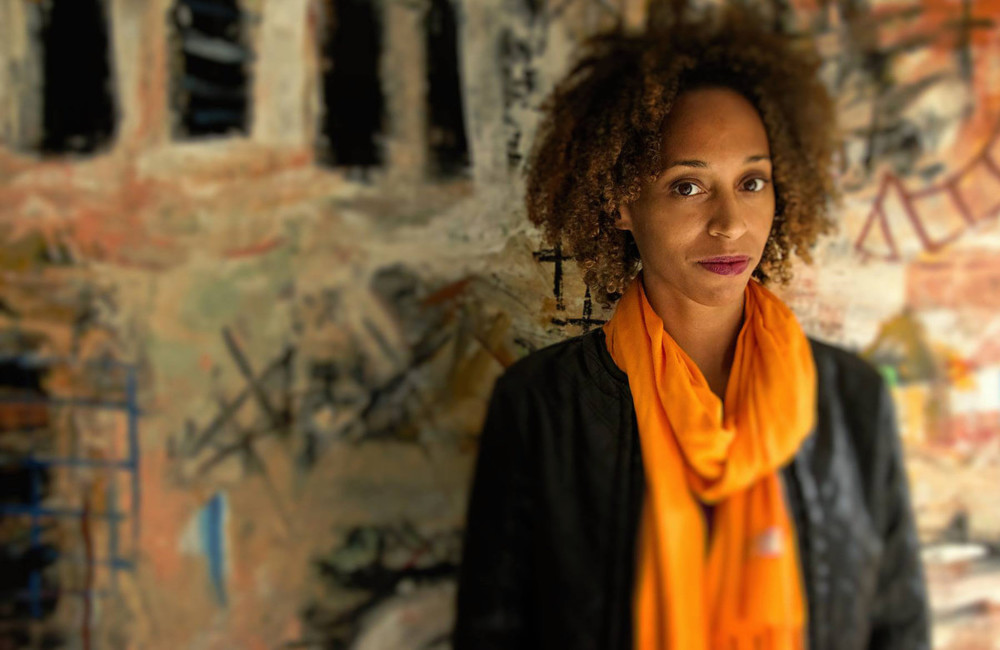By David Ng
Los Angeles Times
WWR Article Summary (tl;dr) “Reparations”, a new controversial website encourages ethnic minorities to request help or services from a white person who will fulfill them for free.
Los Angeles Times
As an interior designer relatively new to the business, Christy Lynn Abram lacked the connections that could make her startup a success. Then a friend recommended Reparations, a new Internet site that allows ethnic minorities to request help or services from a white person who would fulfill them free.
“I was kind of drawn to it,” said Abram, who is black. “My thought wasn’t that someone owed me anything. It was more about opening myself up to having someone help me.”
Launched as a modest project on Facebook in mid-July but soon expanded to a stand-alone website, Reparations is starting to draw international attention for its brazen approach to race relations. It is provoking strong reaction, including condemnation from those who see it as a racially divisive tool that exploits liberal white guilt.
But Seattle-based conceptual artist Natasha Marin, who created the project, defended her site as a social experiment intended to explore “white privilege.”
“There are people across the political spectrum who don’t understand that they have privilege,” she said. “So in many ways the site lets you cash in your whiteness to help other people.”
Marin said the project has received more than 1,000 requests and offerings.
As word of the site has spread, offers and requests have come in from all over the U.S. and other countries including Britain, New Zealand and Zambia. One offer was for a night’s shelter and a meal to a person of color traveling near Paparoa, New Zealand.
Marin, 37, is black and comes from Trinidad. She said she has received a barrage of negative online feedback, including death threats, racial slurs and messages calling her a “whore.”
She said she was surprised by some of the vitriol.
“You can tell the whole world that I was that naive,” she said. “I don’t feel like I deserve the hatred I’ve been getting out of this.”
The artist said that requests are moderated and that she tries to facilitate exchanges.
Abram, the interior designer, said she received several responses that were helpful, including one from a man in Montreal who gave her career advice via Skype. But she also received “nasty” messages, including one that said white people didn’t owe her anything and another that called her a “bloodsucker.”
The concept of reparations has been controversial, especially when referring to the notion that black people in the U.S. should be compensated for the legacy of slavery.
Last week, leaders affiliated with the Black Lives Matter movement published a political platform calling for slavery reparations.
“The government, responsible corporations and other institutions that have profited off of the harm they have inflicted on black people, from colonialism to slavery through food and housing redlining, mass incarceration, and surveillance, must repair the harm done,” said the Movement for Black Lives, a group associated with Black Lives Matter.
The group is demanding “full and free” access for all black peoples to lifetime education, including public colleges and universities. Other demands include a “guaranteed minimum livable income” for all black people.
The group is also pushing for the passage of a House bill that would study reparations for African Americans. The bill was introduced three years ago by Rep. John Conyers, D-Mich. It would seek to recommend remedies for slavery and the discrimination that blacks have faced in the country since the 17th century.
buy amoxicillin generic buy amoxicillin online no prescription
Marin said she isn’t officially affiliated with Black Lives Matter but said that she supports the movement. “Would I wear a Black Lives Matter T-shirt? Yes,” she said. But the artist added that her site was never intended to address slavery specifically.
“I never actually intended to have any kind of commentary for reparations on American slavery,” she said. The site was intended to address race relations, she said, but “that doesn’t mean I’m incanting reparations for slavery. Right now, in America, there’s a racial component to everything.”
Detractors, however, still object to the site.
“The idea of white guilt is intrinsically linked to slavery,” said Paul Joseph Watson, a London-based editor and writer at InfoWars, the libertarian site, who has written critically of the project.
“I have no problem with someone setting up a website encouraging others to help poorer members of society, but miring it in race guilt is just a way of exploiting gullible leftists,” he said, adding that the artist’s invocation of white privilege is “just another facet of the race card”
Some recent requests on the Reparations site include travel money for a Native American woman looking to explore her cultural heritage; daily expenses for parents who said they are having trouble making ends meet; and art supplies for disadvantaged students.
White visitors to the site can make unsolicited offers. Recent examples include tutoring for young students, pet sitting and help with resumes.
Marin said the requests and offers haven’t fallen neatly into the site’s prescribed racial outline in which people of color make requests and white individuals offer assistance.
“What surprised me was that people of color were the first people to make offerings,” she said.
The site was initially intended to be open through the end of the year, but Marin said she may end the experiment earlier given the negative feedback she has received.
“In America, we have Americans and we have hyphenated Americans,” she said. “And hyphenated Americans are different. We are so programmed to focus on whiteness that we don’t think about what it means. We as Americans need to stop denying that this is a thing.”














































































































































































































































































































































































